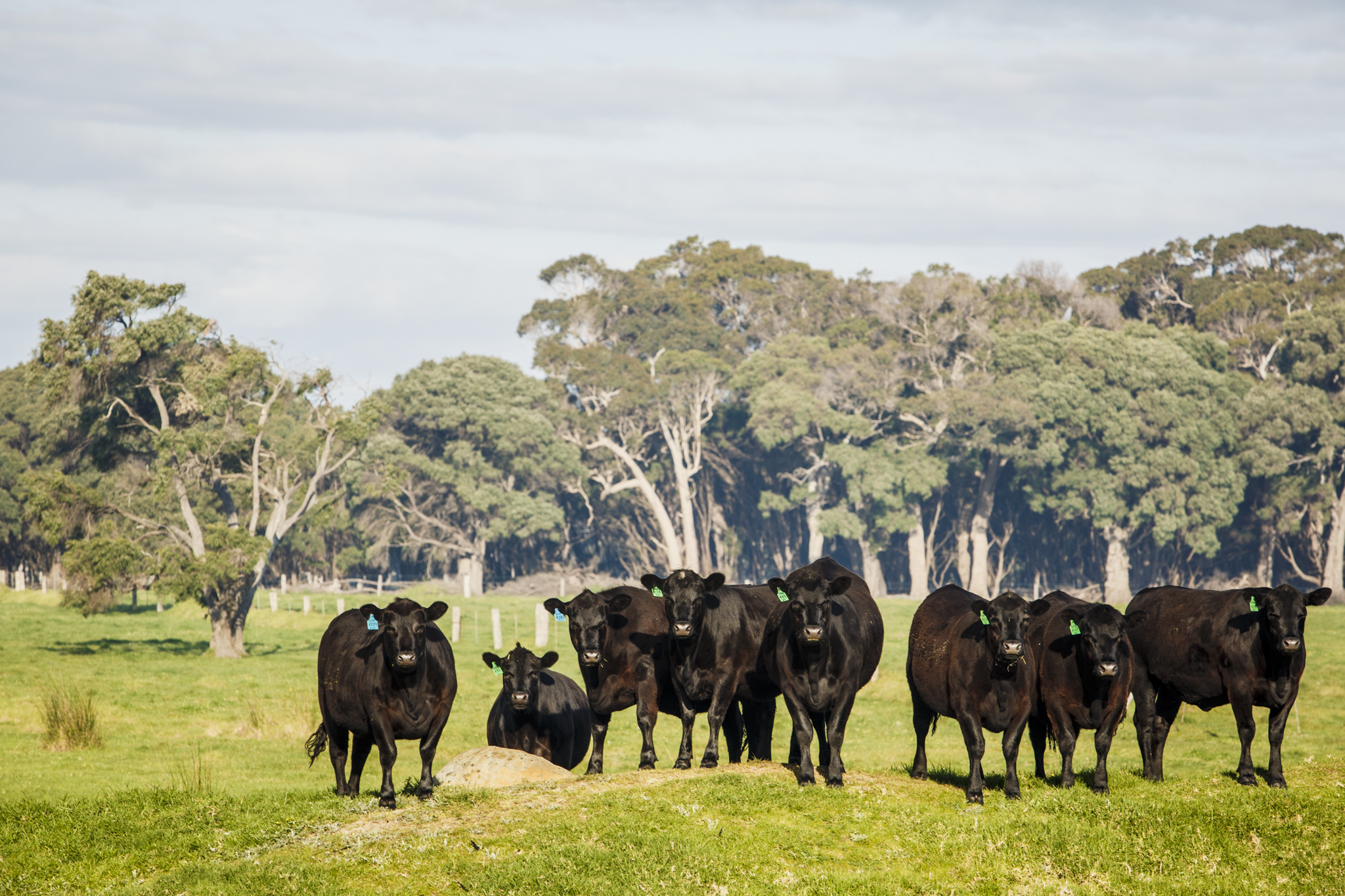
WHILE the carbon industry has been on a big recruitment drive in the past year, calls are growing for landholders to be careful of the contracts they enter.
Sequestering carbon in soils has been tipped by many as the next frontier of carbon farming – with the idea that it can provide the mutual benefit of increasing agricultural productivity and reducing emissions.
But in-order to sell soil carbon, it needs to stay in the ground for at least 25 years – and scientists say more data is needed to determine the impact of drought and fires on the long-term viability of projects. This has prompted many to advise against selling them off and created some caution among buyers.

James Jackson
New South Wales Farmers president James Jackson said the forecast increase in price of Australian Carbon Credit Units added to the concern about selling.
“If you sell your carbon at $35/ACCU, you might have to buy them back at $100 if you lose your carbon,” Mr Jackson said.
“Potentially, there are some areas in specific circumstances where selling carbon credits can be a part of your business model – but I would not be locking in long-term contracts. We do need to be careful of these guys driving Maseratis and wearing Amani suits, who are aggregating these carbon credits and selling them.
“We saw the same thing with water, where people sold their water and had to buy back in at a higher price.”
While he was wary of the selling off credits, Mr Jackson said there was a lot of potential benefits to sequestering carbon in the soil.
“We have been testing our soil for a lot of years and there is a lot of agronomic benefits to increasing soil carbon,” he said.
Setting it against the business
The issue was raised by New South Wales stud breeder Jon Wright at Meat & Livestock Australia’s ‘Carbon accounting for Australian pasture systems’ webinar last night. He has dedicated a lot of his career to making feed conversion and breeding more efficient.
“You would be mad to sell soil carbon credits, because you need to offset the methane coming out of our operations,” Mr Wright said.
“The beef industry has an image problem when it comes to emissions, we stand out from the rest of agriculture.”
Mr Wright said while he had intentions of doing some work on offsetting emissions, most of his focus was on reducing herd emissions.
“Any of the carbon that I can sequester, I know it is going an important job and helping my production system,” he said.
“I know I will need that to offset my emissions so I do not want to sell those credits to anyone else.”’
